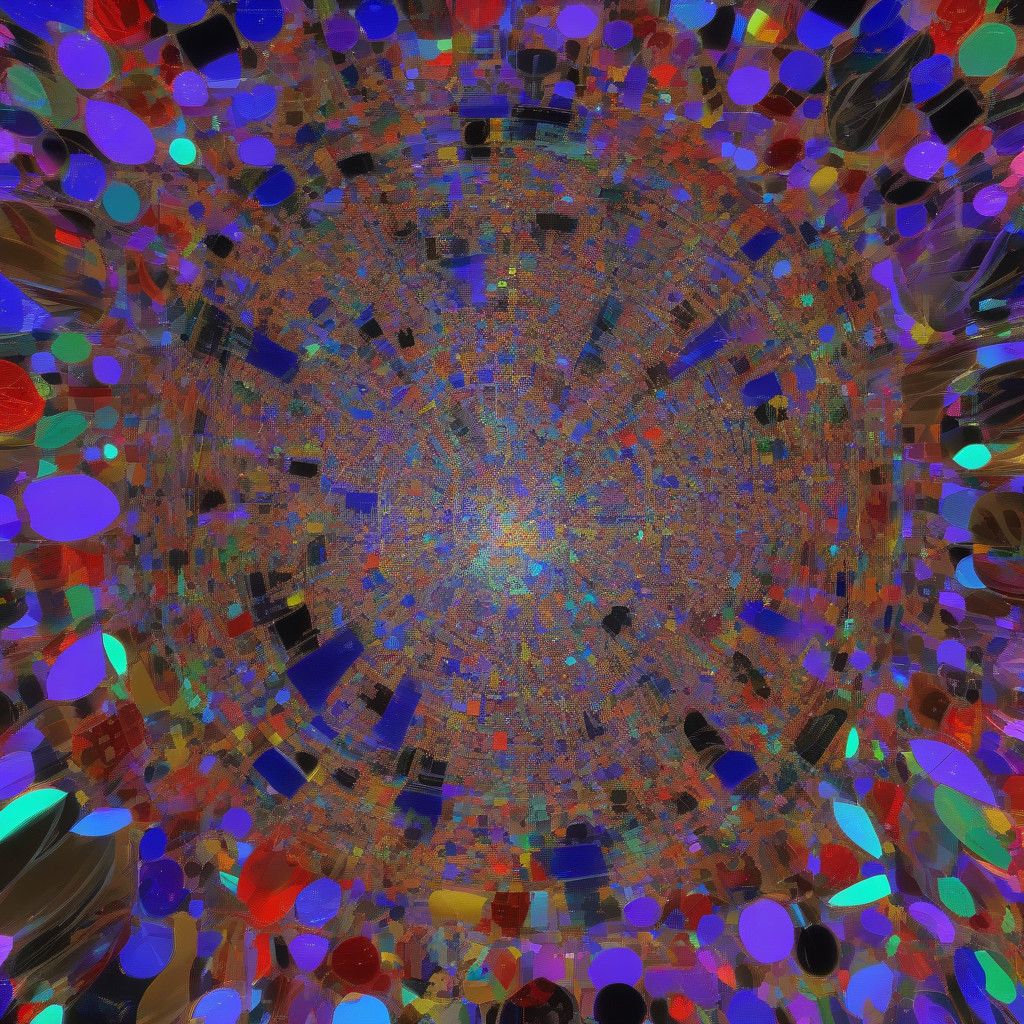OpenAI faces significant challenges in a high-profile copyright lawsuit following a critical incident that may impact the outcome of the case. The lawsuit, initiated by The New York Times and Daily News, alleges that OpenAI used their copyrighted content to train its artificial intelligence models without proper authorization. This situation escalated recently when crucial evidence was accidentally deleted, complicating the plaintiffs’ efforts.
On November 14, 2024, OpenAI provided virtual machines to the plaintiffs, allowing them to search through the company’s training datasets for any material that may infringe upon their copyrights. However, during this process, engineers at OpenAI mistakenly deleted essential search data linked to these machines. Although a majority of this data was recoverable, the loss of folder structures and file names significantly hindered the plaintiffs’ ability to identify specific sources used in the training of OpenAI’s AI systems.
As a result of this incident, the plaintiffs are now forced to restart their extensive search for evidence. This setback raises serious concerns about OpenAI’s capacity to manage vast amounts of data and maintain proper oversight of its training processes. Legal experts involved in the case are indicating that this mishap could undermine the credibility of OpenAI’s claim that it consistently engages in fair use of publicly available data for training its systems.
OpenAI has maintained that its training practices are aligned with fair use principles. The company has engaged in licensing agreements with major publishers, such as the Associated Press and News Corp, to mitigate potential legal fallout from its data use. However, it has neither confirmed nor denied the specific use of copyrighted content from the plaintiffs’ publications in its training regimen.
The legal ramifications of this incident extend beyond mere data management; they touch on critical issues of intellectual property rights and technological ethics. As the lawsuit progresses, the burden of proof now falls heavily on the plaintiffs, who have to navigate the complexities introduced by OpenAI’s data loss. The plaintiffs’ legal team argues that OpenAI is uniquely positioned to conduct comprehensive searches through its own datasets. They believe this responsibility should not be transferred to the plaintiffs, particularly when OpenAI is tasked with demonstrating compliance with copyright laws.
The implications of this case reach far beyond OpenAI itself. As AI technologies continue to advance, the questions surrounding their training methods and data management practices are becoming increasingly scrutinized. The industry is at a crossroads, and the outcomes of such lawsuits will likely influence how AI companies approach copyright and data utilization in the future.
In addition, this incident illustrates a growing tension between rapid technological innovation and the legal frameworks designed to protect intellectual property. The real-time nature of AI training processes poses unique challenges for copyright enforcement, as it becomes difficult to trace the specific origins of the data used in training models.
To conclude, the accidental deletion of evidence by OpenAI has introduced unnecessary complications into an already contentious lawsuit. The ongoing legal battle emphasizes not only the need for better data management practices within AI companies but also the necessity for clearer regulatory frameworks governing the use of copyrighted materials in the context of AI development. As the lawsuit unfolds, it may set critical precedents that will shape the future interactions between technology and intellectual property rights.











